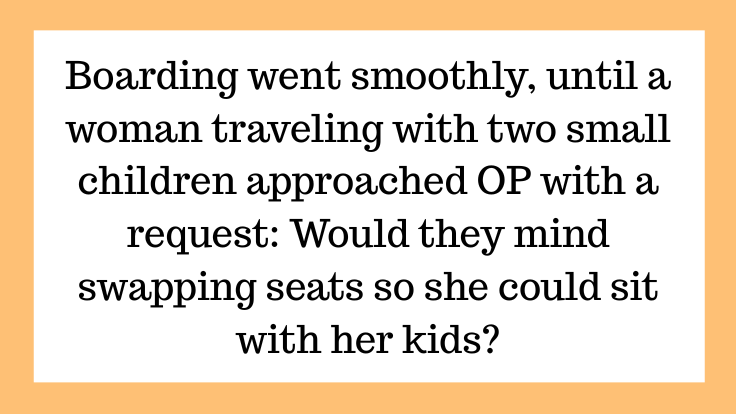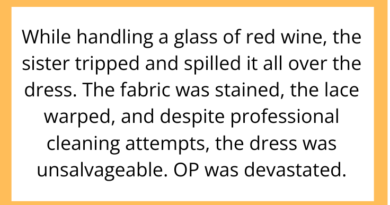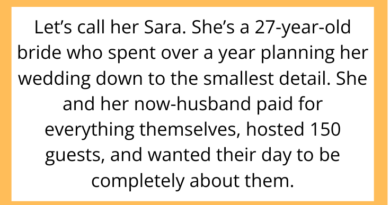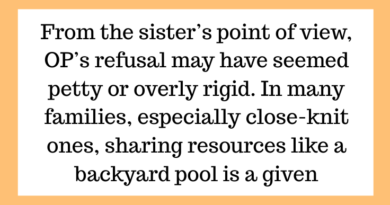Am I the Jerk for Refusing to Switch Seats on a Plane So a Family Could Sit Together?
Flying is stressful enough on its own—tight spaces, delays, and overpacked cabins. Add social tension, and suddenly, what should be a routine trip becomes a moral battlefield. That’s exactly what happened in this Reddit AITAH post that sparked thousands of heated reactions.
Let’s unpack what happened when one solo traveler said “no” to a seemingly simple request, and why the internet can’t agree on who was right.
The Situation: A Window Seat, a Long Flight, and an Unexpected Request

The Original Poster (OP) had planned the trip meticulously—booking a window seat in advance for a long-haul international flight. Being somewhat of a nervous flyer, OP preferred the window so they could lean against it and zone out during the journey.
Boarding went smoothly, until a woman traveling with two small children approached OP with a request: Would they mind swapping seats so she could sit with her kids?
But the catch? Her seat was a middle seat several rows back.
OP politely declined. The mother insisted. OP held firm.
Within minutes, tension escalated. A nearby passenger scoffed loudly. A flight attendant got involved, but stated it was OP’s right to keep their assigned seat. The mother spent the flight visibly upset, and a few other passengers gave OP dirty looks.
Now OP wants to know: Am I the jerk for not giving up my seat so a mother could sit with her children, even though I paid extra for it?
Why This Struck a Nerve: The Unspoken Rules of Flying

Everyone Wants Comfort, but Not Everyone Pays for It
There’s an unspoken class structure on planes. Some pay extra for comfort. Some don’t. When a passenger asks for a seat swap, they’re not just requesting a change—they’re asking you to forfeit something you may have paid for, planned for, or psychologically depended on.
In OP’s case, the window seat wasn’t a luxury—it was a coping tool for anxiety.
And yet, OP was made to feel like a villain for saying “no.”
Is It Rude to Say No? Or Rude to Ask?

This debate cuts both ways.
On one hand, many people sympathized with OP. As one Redditor put it:
“You’re not a jerk for keeping the seat you booked. She’s a jerk for assuming your comfort is less important than hers.”
On the other hand, some felt a little compassion wouldn’t hurt:
“It’s just a seat. She had two kids with her. What if they got scared or sick?”
This is what makes these dilemmas so relatable—and so controversial. Everyone brings their own expectations, values, and experiences into the moment.
Breaking It Down: The Ethics of Seat Switching

H3: Personal Choice vs. Public Pressure
When you’re asked to give something up in public, social pressure kicks in. Even if you’re well within your rights, you risk being labeled “selfish” if you don’t comply.
But here’s the uncomfortable truth: Saying no doesn’t make you the bad guy.
Especially if the situation stems from someone else’s poor planning.
In this case, the mother had the opportunity to book seats together—or make arrangements at check-in. Instead, she shifted that responsibility to a stranger.
H3: The Value of Planning Ahead

Airlines often let families choose seats together, even with basic tickets, if done early enough. So when people ask others to swap at the last minute, it suggests a lack of planning—or an expectation that strangers will fix the problem.
It’s not about being rude. It’s about respecting boundaries and preparation.
H3: The Slippery Slope of “It’s Just a Small Favor”
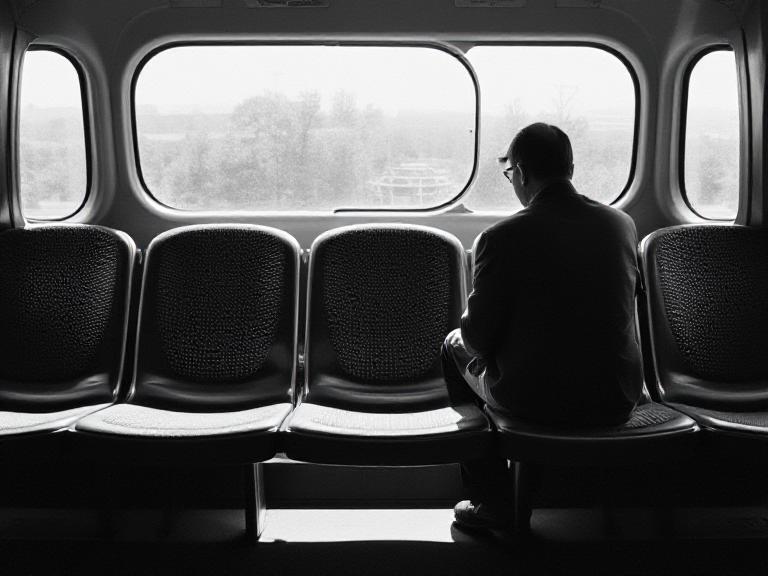
This scenario reflects a bigger cultural pattern: the idea that some people’s needs always outweigh others’ comfort.
But if you continually sacrifice your well-being just to “be nice,” you set a precedent. And in crowded public spaces—especially where safety and comfort matter—your needs matter too.
What Reddit Decided: Not the Jerk
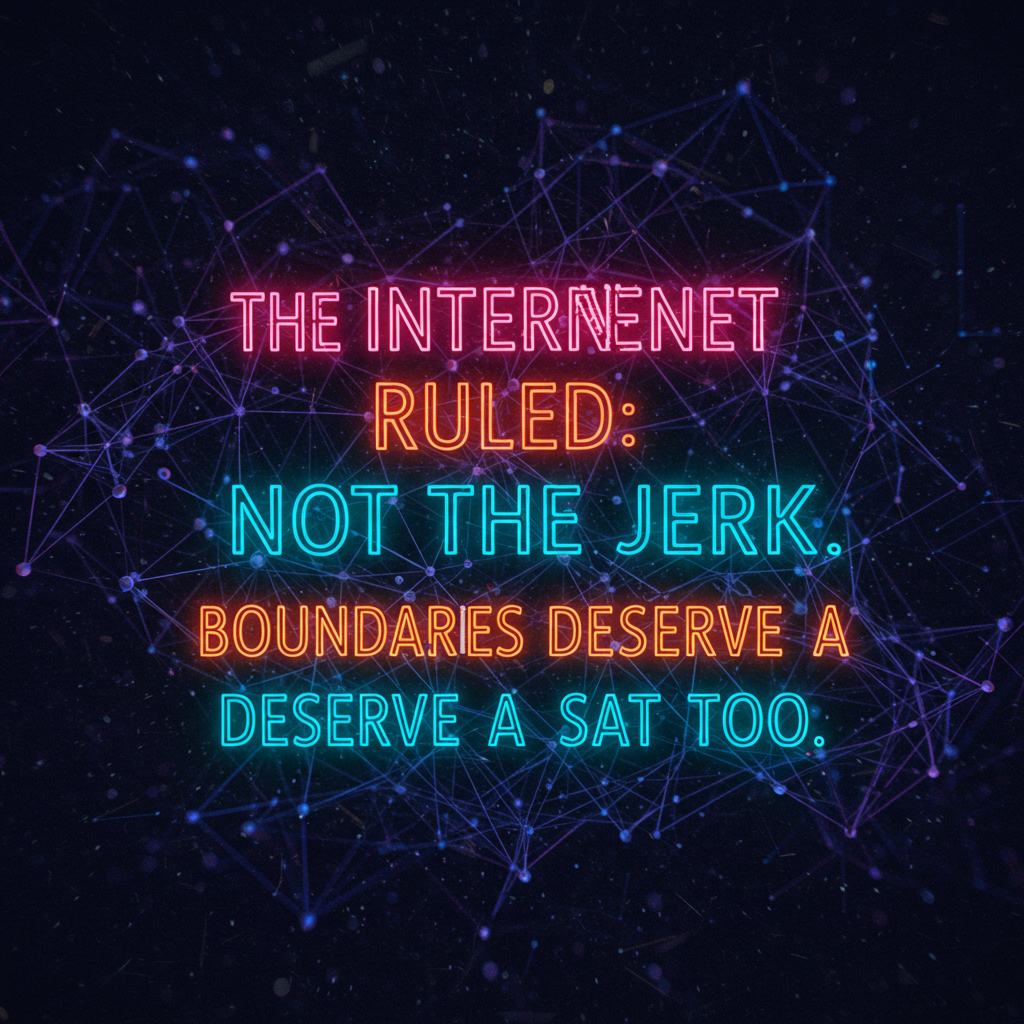
Most users agreed OP was not the jerk.
Why?
-
They paid for that specific seat.
-
They had personal reasons (like anxiety) for wanting the window.
-
The mother’s issue stemmed from poor planning, not an emergency.
-
OP remained polite and firm without creating a scene.
Several users even shared similar stories:
“I once gave up my aisle seat for a middle seat, and the mom didn’t even say thank you. Never again.”
OP’s choice was a lesson in setting boundaries respectfully—something we could all stand to learn.
When It’s Okay to Say No—and Why You Shouldn’t Feel Guilty
Let’s be clear: compassion matters. But compassion is not obligation.
It’s okay to:
-
Prioritize your comfort in a stressful environment.
-
Stick to a plan you carefully made.
-
Decline requests that cost you something—especially when made by strangers.
You’re not cold or cruel for drawing the line.
You’re human.
Final Takeaway: You’re Not the Jerk for Choosing Yourself in a Situation You Didn’t Create
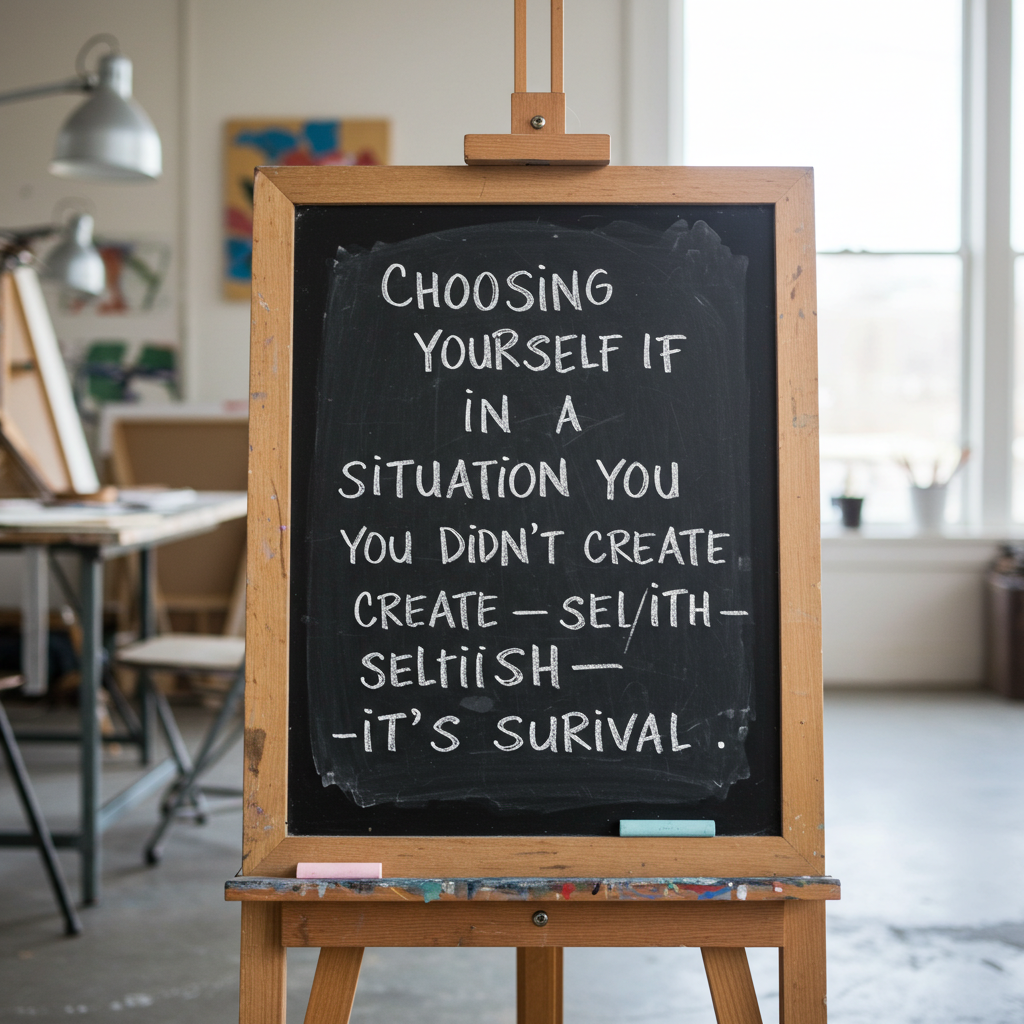
Boundaries matter—even 35,000 feet in the air.
This wasn’t about being selfish. It was about fairness. The mother didn’t ask for a seat swap—she asked someone else to carry the weight of her planning mistake.
